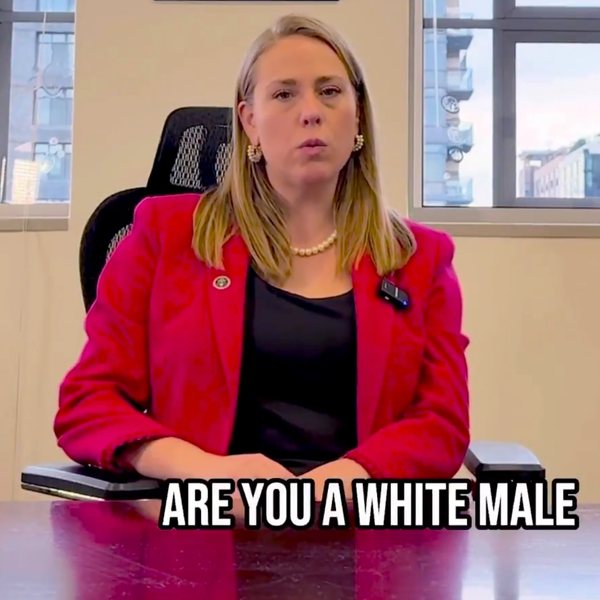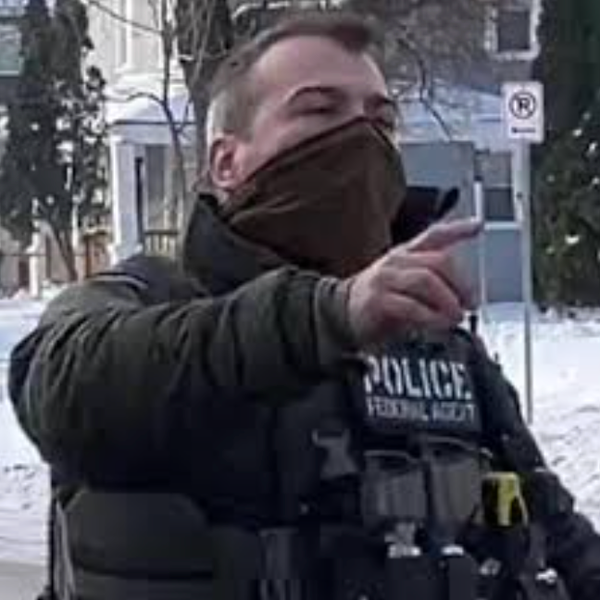
Washington (AFP) – The United States and Europe hit Vladimir Putin’s inner circle with sanctions on Monday but failed to dissuade the Russian leader from pursuing his apparent goal of annexing Crimea.
The White House said the measures were the toughest against Russia since the Cold War and warned it would target economic power brokers in Moscow if the Kremlin does not change course.
There was no sign of Putin backing down, however, and Crimea’s pro-Moscow authorities made plans to swiftly honor Sunday’s 96 percent referendum vote to return to the Russian fold.
Putin took a step closer to formally annexing the territory by recognizing its independence from Ukraine, opening the way for Russian lawmakers to later endorse its accession.
Monday’s dramatic developments, and the expected Russian retaliation, marked the most direct clash between the West and the Kremlin in decades.
Obama slapped sanctions on seven Russian officials, including deputy prime minister Dmitry Rogozin, and four Ukrainians accused of usurping Ukraine’s territorial integrity, including ousted president Viktor Yanukovych.
“If Russia continues to interfere in Ukraine, we stand ready to impose further sanctions,” Obama said, shortly before Vice President Joe Biden headed to reassure US allies in Poland and the Baltic states.
The European Union also unveiled travel bans and asset freezes against 21 Russian and Ukrainian officials, including Vice Admiral Alexander Vitko, the head of Russia’s Black Sea fleet.
“These are by far the most comprehensive sanctions applied to Russia since the end of the Cold War — far and away so,” said a senior U.S. official.
Another official explained that the intent was to target those surrounding Putin, even if the measures did not take the extraordinary step of targeting the foreign head of state himself.
“If you look at the list of Russians who are being sanctioned here … they are the key ideologists and implementers and architects of this policy,” one official said.
Officials said that, for now, the sanctions would target individuals and not wider Russian business interests.
But they noted that the new executive order signed by Obama on Monday allows future measures to target “individuals with a great deal of influence over … Russian governmental policy and the economy who do not hold positions in the government.”
They would not confirm that was a reference to Russia’s vastly rich business tycoons, or oligarchs, who are believed to possess great political influence with the Kremlin.
Obama said a diplomatic solution to the crisis was still possible if Russia pulls its troops back to barracks in Crimea, allows foreign observers to deploy and agrees to negotiate with Ukraine.
But he warned: “further provocations will just further isolate Russia and diminish their place in the world.”
The Kremlin’s official website quoted Putin’s decree as recognizing “the Republic of Crimea… as a sovereign and independent state.”
It was issued “considering the expression of the will of the people of Crimea at the general Crimean referendum.”
The decree added that it entered into force from the moment of its signature and included the time stamp of 10:30 pm.
On Tuesday, Putin will address both houses of the Russian parliament on the crisis sparked by the pro-Kremlin forces’ effective seizure of the Black Sea peninsula at the start of the month.
UN Secretary General Ban Ki-moon said he was “deeply disappointed and concerned” about Sunday’s vote.
He warned a “deterioration of the situation will have serious repercussions for the people of Ukraine, the region and beyond.”
Those targeted under Obama’s executive order will see assets and interests in the United States or under U.S. jurisdiction blocked and Americans will be barred from doing business with them.
As well as Rogozin, the list includes Vladislav Surkov and Sergei Glazyev, key aides to Putin and Duma members Leonid Slutsky, Yelena Mizulina.
Federation Council members Andrei Klishas and Valentina Matviyenko are also targeted.
The officials targeted in Crimea include Sergei Aksyonov, who has named himself the interim prime minister of the territory, and Vladimir Konstantinov, the speaker of the Crimean parliament.
The EU list includes Aksyonov and two other Russian officers Anatoliy Sidorov, commander of the Western military district, and Alexander Galkin, head of the Southern military district.
Both areas have seen major recent military exercises, with large troop build-ups, and both are responsible in part for the Russian military presence in Crimea, said a notice in the official EU journal.
Rogozin — a former Moscow envoy to NATO who is known for his hawkish views of the West — ridiculed the U.S. maneuvres.
“I think some prankster prepared the draft of this act of the US President,” Rogozin tweeted in English.
Meanwhile, diplomats in Brussels said EU and Ukrainian leaders would on Friday sign the political portion of a landmark pact whose rejection by Yanukovych sparked protests that led to his fall.
Most of the international community has rejected the Crimea referendum as illegal and Ukraine said it was recalling its ambassador to Moscow for consultations.
But the undaunted government of Crimea took several decisive steps aimed at permanently severing its ties with Kiev.
It has begun seizing control of Ukrainian institutions and even plans to set the peninsula’s clocks two hours forward to Moscow time.
Ukraine’s interim president Oleksandr Turchynov denounced the vote as a “great farce” and watched as agitated lawmakers approved a partial mobilization of the army.
AFP Photo/Viktor Drachev








